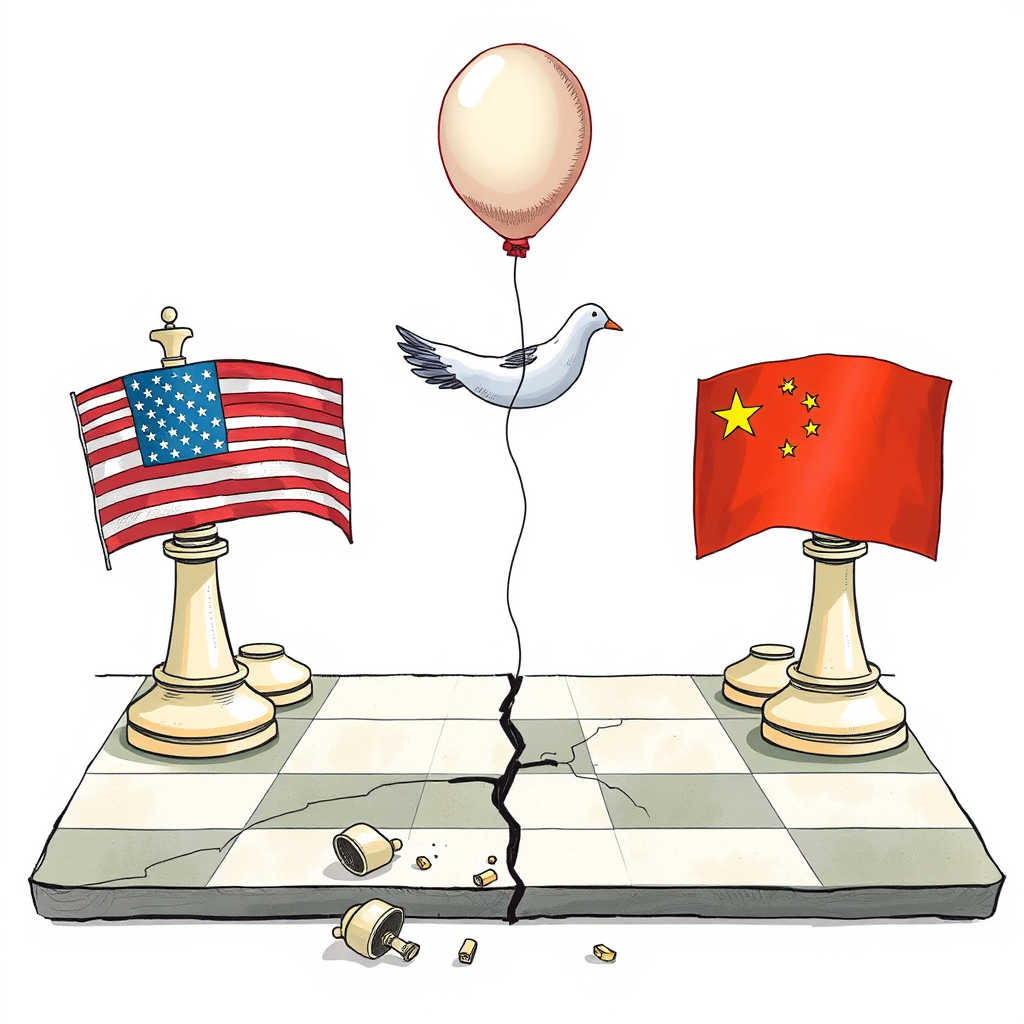Trump's China Trade War: A Quiet Retreat?

The Trump administration appears to be signaling a potential de-escalation of the trade war with China, though with a characteristic layer of ambiguity. Recent statements from Treasury Secretary Steven Mnuchin and President Trump himself suggest a willingness to reduce the hefty tariffs currently in place – tariffs that reached as high as 145% on Chinese goods. Mnuchin indicated the current tariff levels are “unsustainable,” while Trump acknowledged the high rates and hinted at “substantial” reductions, though not a complete removal.
Reports in the Wall Street Journal further fueled speculation, suggesting the administration is considering cutting tariffs by more than half. This news initially boosted stock markets, but gains were tempered by subsequent cautions from White House aides, who stressed no immediate changes were finalized and that Trump wasn’t making a unilateral concession.
This maneuvering is occurring against a backdrop of growing economic concerns. The initial imposition of tariffs was largely impulsive, lacking strategic foresight and causing disruption for businesses. The US economy is now facing potential serious consequences if the situation isn’t addressed. China, predictably, has refused to yield to what it views as bullying tactics, and reports indicate the Chinese government perceives the recent comments as a sign of weakness from the US. A hashtag translating to “Trump chickened out” even trended on Chinese social media.
The administration now finds itself in a delicate position. Having escalated the trade war without a clear long-term strategy, it’s now attempting to extract itself without appearing to concede defeat. This explains the mixed messaging and cautious language.
It’s a precarious situation with significant global implications. While a de-escalation would be a welcome development, the administration’s approach – characterized by impulsivity and a reluctance to admit error – raises questions about the sustainability of any potential agreement. The global economy is, quite literally, hanging on the outcome, and a more transparent and strategically sound approach would be far more reassuring.
In a separate note, the Academy of Motion Picture Arts and Sciences is implementing a new rule requiring Oscar voters to actually watch the nominated films, a change that, while long overdue, feels like a basic expectation for any credible award. Details on enforcement and potential loopholes are available from Variety.